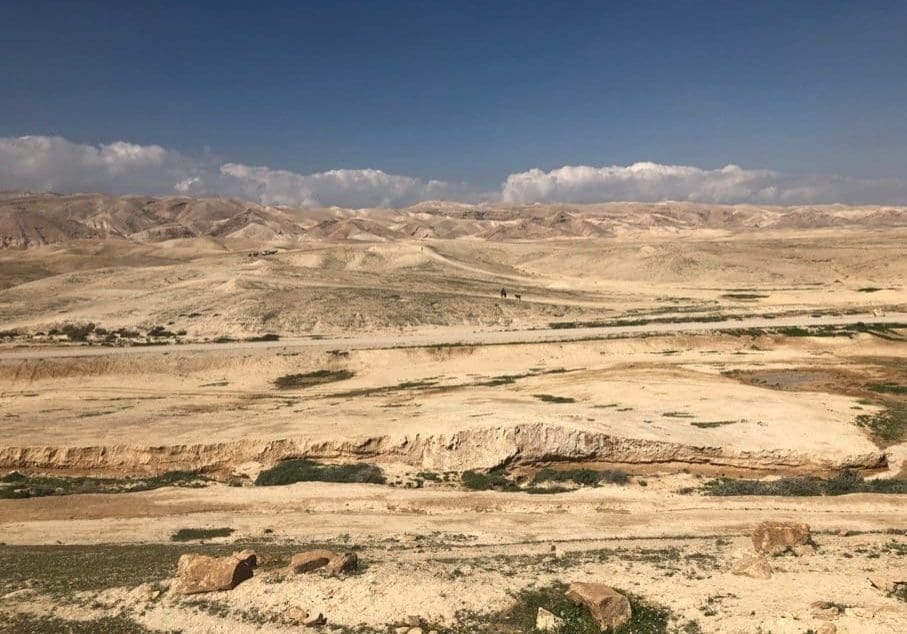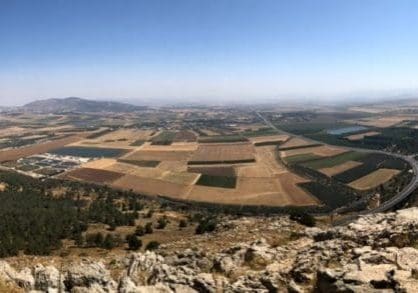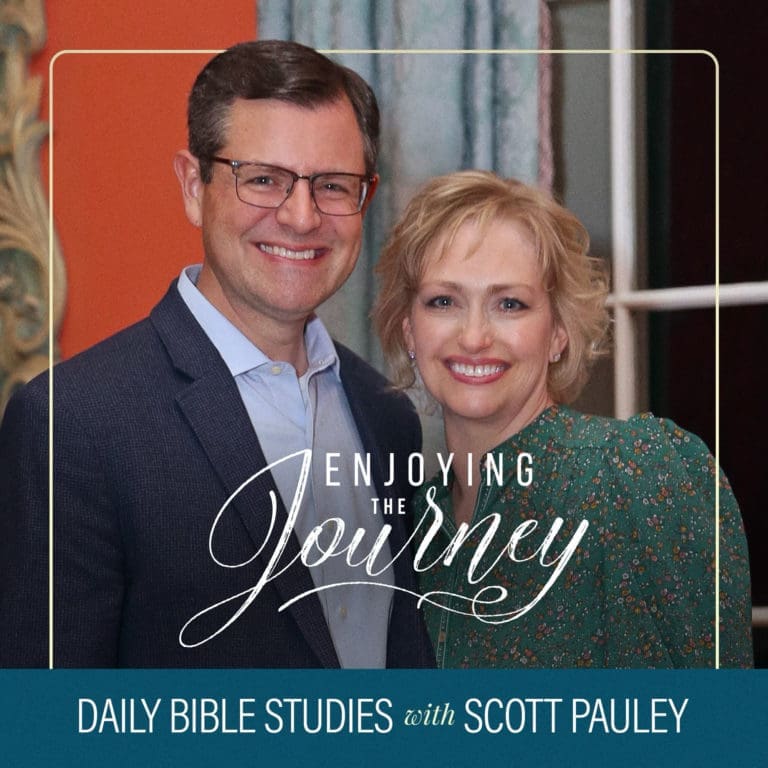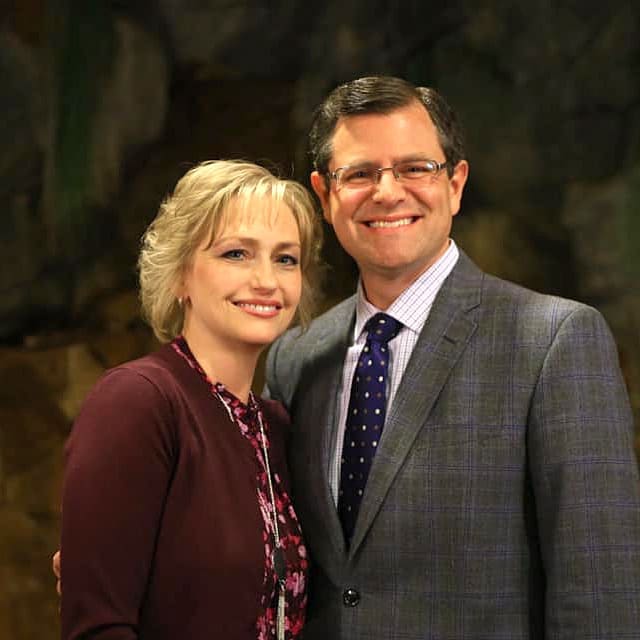
“There is therefore now no condemnation to them which are in Christ Jesus, who walk not after the flesh, but after the Spirit. For the law of the Spirit of life in Christ Jesus hath made me free from the law of sin and death.” – Romans 8:1-2
A Snapshot of the Life of John Wesley:
Born: June 17, 1703 – Epworth, England
Died: March 2, 1791 – London. England
Father of Methodism, renowned evangelist and one of the hardest working men in history. As the fifteenth of 19 children, he barely escaped a parsonage fire at age six. After some early religious activity at Oxford (“Holy Club”), he tutored there (1729-35), then went to Georgia in America, along with 26 German Moravians (1735-37). He returned to London where he was converted on May 24, 1738 at a Moravian meeting at St. Pauls on Aldersgate Street. John began to preach and organize “societies” wherever he went, throughout England, Scotland, and Ireland. On June 25, 1744, the is Methodist Conference in London was held. He kept a daily diary for over 50 years (longest on record). His February 18, 1751 marriage to Mary Vazeille (1710-October 8, 1781) was an unhappy one. She left him in 1776. He organized Methodist societies (1740) which officially left the Church of England (1784). He founded the Arminian Magazine (1778). As an evangelist, he traveled over 250,000 miles on horseback and preached 40,000 sermons, and wrote over 200 works. His favorite Bible verses were Mark 12:34 and Romans 8:1-2. He is buried in City Road Chapel, London. – (Excerpt taken from the Reese Chronological Encyclopedia of Christian Biographies. Used by permission.)
A Spiritual Application for Our Lives:
The ministry of John Wesley has been researched and written about extensively. Apart from the many accounts of his life, volumes were written by Wesley himself. He was a tireless worker. Wesley possessed a brilliant mind and gave all of it to the Lord. He would rise at four every morning and spend hours in prayer and the study of scripture. John Wesley wrote books, preached forty thousand sermons, trained preached, gave away millions of dollars (in today’s money), cared for orphans, and traveled extensively on horseback. Wesley saw many thousands come to Christ – his ministry was remarkable and fruitful.
One distinguishing mark of Wesley’s ministry was his constant awareness that “we are labourers together with God” (1 Corinthians 3:9). Although a dividing figure in many places. Wesley was a helper to many other preachers. He was dear friends with George Whitefield; they labored together on many occasions. As God’s servants, we are working with others in the service of our Lord. We are all servants of a great God. Faithfulness, not apparent fruitfulness is the test of God’s servants (1 Corinthians 4:7).
Under Divine inspiration, Paul wrote to the divided church at Corinth: “Who then is Paul, and who is Apollos, but ministers by whom ye believed, even as the Lord gave to every man? I have planted, Apollos watered; but God gave the increase. So then neither is he that planteth any thing, neither he that watereth; but God that giveth the increase. Now he that planteth and he that watereth are one: and every man shall receive his own reward according to his own labour. For we are labourers together with God: ye are God’s husbandry, ye are God’s building” (1 Corinthians 3:5-9). Paul was reminding the church not to elevate man but to exalt the Lord Jesus. Wesley illustrated this truth through his own life and the life of his father.
Wesley recorded the following entry in his journal:
Oh, let none think his labor of love is lost because the fruit does not immediately appear! Nearly forty years did my father labor here [Epworth], but he saw little fruit of all his labor. I took some pains among this people too, and my strength also seemed spent in vain; but now the fruit appeared. There were scarcely any in the town on whom either my father or I had taken any pains formerly but the seed, sown so long since, now sprang up, bringing forth repentance and remission of sins.
The people of Epworth had greatly resisted the ministry of John’s father, Samuel. At one point, men in the city set fire to the preacher’s home. John himself was plucked from the burning home just moments before the blazing roof came crashing down. Samuel Wesley finished his ministry believing that he had failed in that work. But God raised his son, John, to reap the harvest among those in whom the seed of the gospel had taken root those many years ago!
Are you discouraged in the ministry? Are you facing great trials in your family? Take heart! We are laboring together with our dear Savior. The harvest is His. The battle is His. The work is His. The strength is His. Our part is to be faithful. You may not see the eternal fruit that God will bring through your faithful labor – but He is working!
“I have set the LORD always before me: because he is at my right hand, I shall not be moved” (Psalm 16:8). Keep your eyes on Christ, and press on!
A Suggestion for Further Reading…
John Wesley: The World His Parish – Geoff and Janet Benge (2007)








If John were here today, there would be nothing left of the Methodist church but the steeple and it would be on it’s way down.